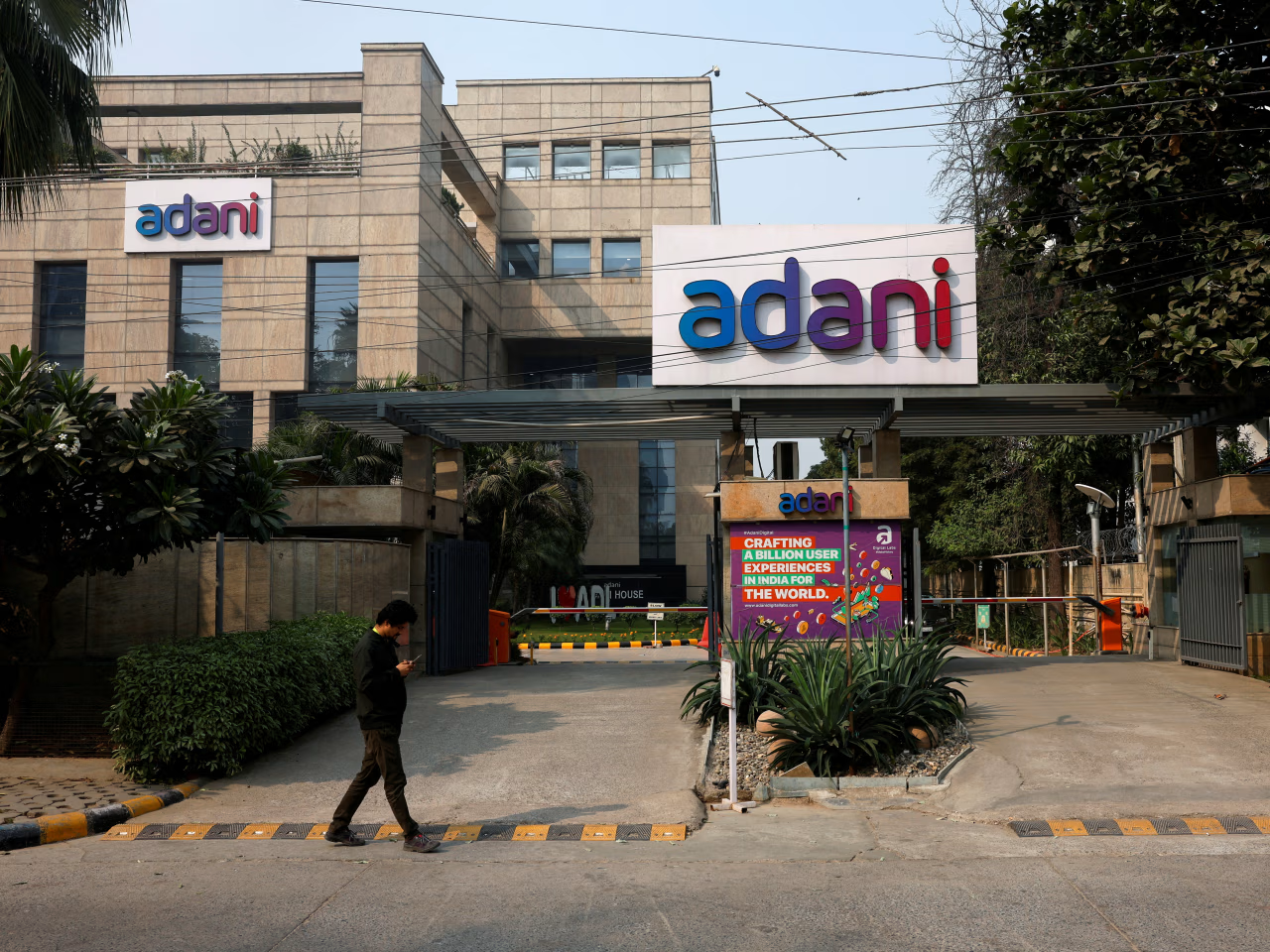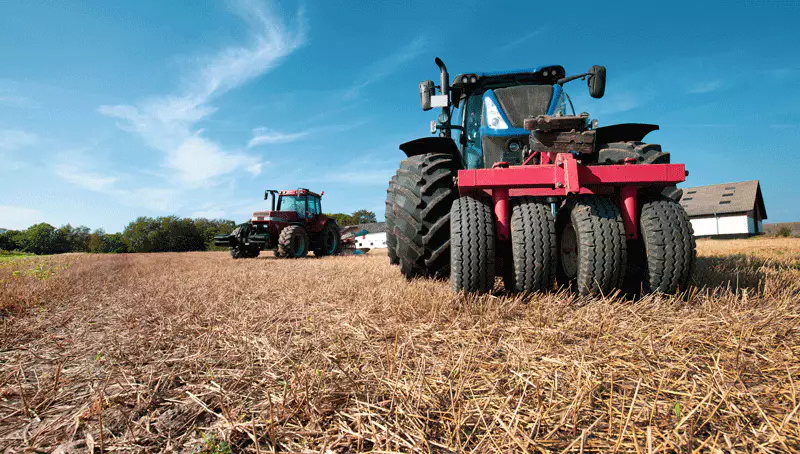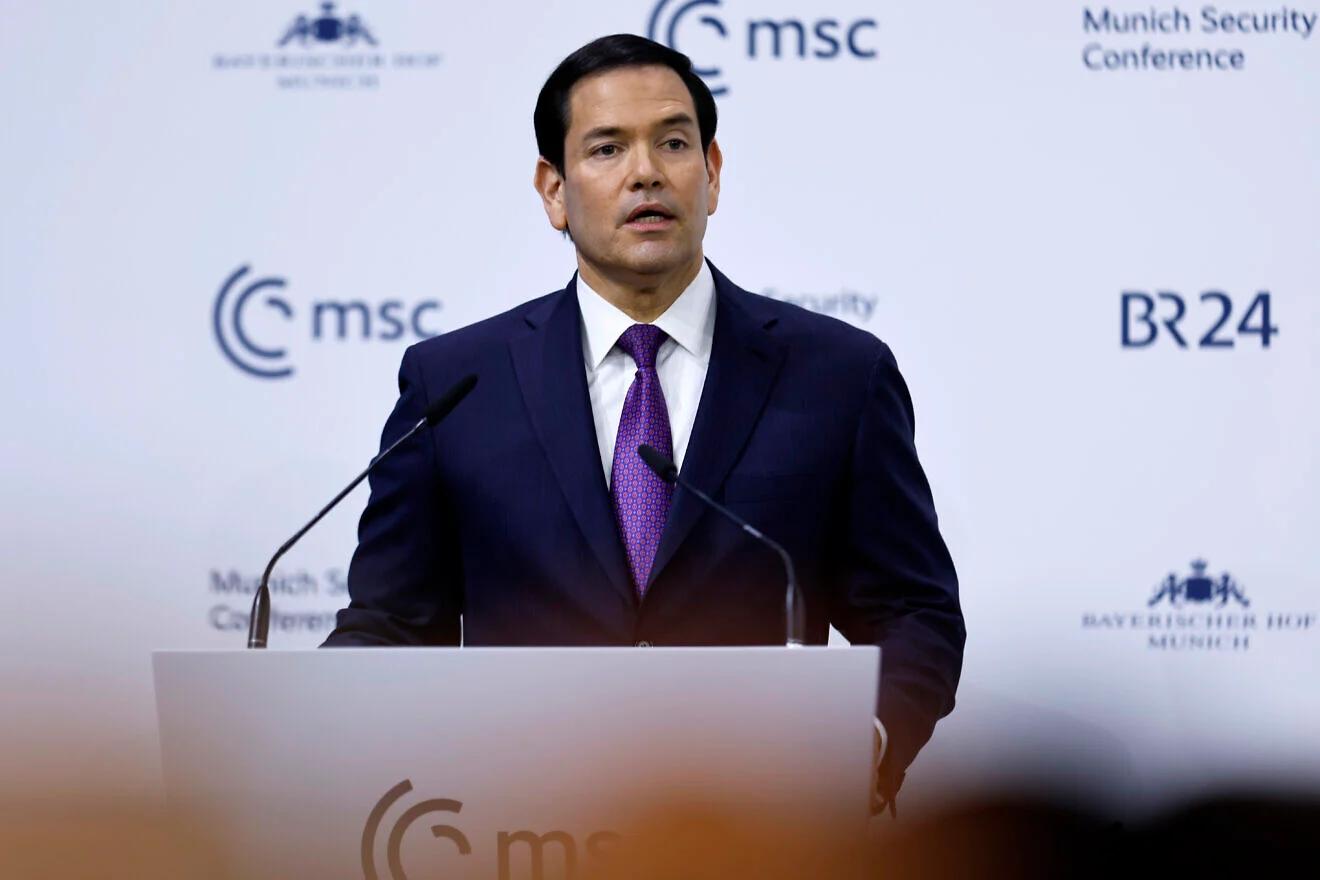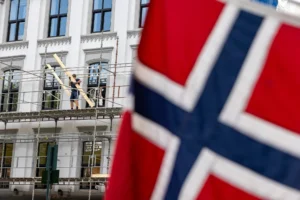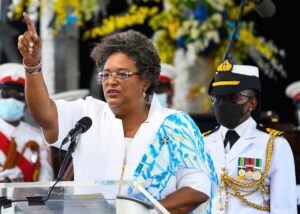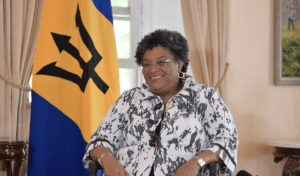Antigua and Barbuda – In a historic development at the 4th International Conference on Small Island States (SIDS4), the initiative for the Development Bank for Resilient Prosperity (DBRP) has emerged as a beacon of hope for Small Island Developing States (SIDS). Spearheaded by Dr. Hyginus “Gene” Leon, international SIDS advocate who served as former President of the Caribbean Development Bank and Senior Resident Representative and mission chief to various countries during a 25-year stint at the International Monetary Fund, the DBRP aims to address the persistent financial challenges faced by SIDS, which have long struggled to secure affordable financing and are often burdened by unsustainable debt.
Historically, SIDS have faced significant hurdles in accessing the financial resources necessary for development. Their unique structural vulnerabilities and low resilience capacity, including susceptibility to natural disasters and economic volatility, have often led to high levels of debt, limited fiscal opportunities, and long durations for post-hazard recovery. The global financial architecture has largely failed to provide tailored solutions to these challenges, leaving many developing countries without the means to achieve sustainable development and resilience.
Historical Context: Bretton Woods and Beyond
The current global financial system has its roots in the Bretton Woods Conference of 1944, which established institutions like the International Monetary Fund (IMF) and the World Bank to promote international economic cooperation and development. While these institutions have played significant roles in helping to generate global economic stability and development, they have often fallen short in addressing the specific needs of SIDS and other developing nations. The rigid structures and policies of these institutions, and restricted liquidity pools, frequently do not accommodate the unique challenges faced by SIDS, leading to inadequate support and insufficient access to affordable financing.
To date, efforts to reform the global financial system have encountered substantial political challenges. Entrenched interests and the complex nature of international finance have made it difficult to implement effective reforms that address the needs of the world’s most vulnerable nations. This has perpetuated a system where SIDS remain marginalized and struggle to achieve the financial empowerment necessary for sustainable development. “The existing global financial architecture has not adequately supported the development potential of SIDS, so any reform of this architecture that leaves the foundation the same will unerringly lead to the same results,” noted Dr. Leon. “We need change, and the Development Bank for Resilient Prosperity (DBRP) will be designed to address the structural challenges that SIDS uniquely face, while complementing existing institutions with innovative financial mechanisms such as leveraging Nature Based Assets as Real World Assets (RWAs) that leverage the inherent resource value of island nations.”
The DBRP Initiative: A New Hope for SIDS
The DBRP initiative, which has garnered substantial support from various developing nations , seeks to fill this critical gap. Currently in its design phase, the Development Bank for Resilient Prosperity (DBRP) has quickly built political momentum and is poised to become a key outcome of the SIDS4 conference and the new 10-year economic framework, the ABAS 2024-2034 (ABAS). A distinctive feature of the DBRP initiative is its innovative approach that empowers developing countries to utilize their rich natural resources as assets — these can include aspects of the green economy (forests, parks, renewable energy resources), blue economy (oceanic resources, fisheries, marine ecosystems), carbon economy (carbon credits, emissions trading systems), and biodiversity (diverse ecosystems and species). Additionally, rights and assets related to the seabed, such as mineral deposits or energy resources, fall under this umbrella — to increase liquidity and borrowing power which will lead to more affordable financing. By leveraging the inherent value of these assets, the DBRP enables SIDS to tap into new funding sources that are aligned with the goals of sustainable development and environmental conservation.
Support from the President of SIDS4
In his first exclusive interview following the conclusion of SIDS4, Prime Minister Gaston Browne of Antigua and Barbuda who served as Conference President, spoke with SDG News about the tangible outcomes that would operationalize the ambition and aspirations of SIDS. “We have to help ourselves and utilize our natural assets. The [DBRP] will be the custodian of these green assets which are ordinarily used for conservation,” stated Prime Minister Browne. “By monetizing those assets, we are able to create new income streams to bring financial resources to SIDS to meet their obligations. We think employing natural assets and monetizing them are absolutely critical moving forward.”
Strategic Partnerships and Global Impact
The DBRP is designed to be SIDS-led , outcomes-driven, and global in nature. Anchored on the long-term goal of attaining resilient prosperity for all—a clarion call in the ABAS, rooted in the notion of social justice— the innovative financial institution aims to address three structural issues: (i) inadequate voice and representation, (ii) access to adequate and affordable finance, and (iii) integrating the vulnerability-resilience interaction within existing economic frameworks to yield scalable and efficient outcomes. Strategic partnerships and knowledge creation underpinned through data analytics of the SDG Data Alliance will advance key global themes, including the beyond-GDP agenda, the attainment of net-zero emissions by 2050, and the operationalization of a fair and equitable carbon market.
Change the World - Subscribe Now
By signing on as founding members, governments will have the opportunity to provide inputs into the design of the DBRP and contribute to this milestone initiative that has the potential to change the lives of millions of citizens throughout the SIDS. Prime Minister Ralph Gonsalves of St. Vincent and the Grenadines endorsed the Development Bank for Resilient Prosperity (DBRP), stating, “The Development Bank for Resilient Prosperity offers a credible vehicle to complement other existing avenues of financing for development and to enhance further the realization of the Sustainable Development Goals. It is a splendid people-centered initiative.”
Regional Leadership for DBRP
Prime Minister Sovaleni from the Kingdom of Tonga, an early supporter of the Development Bank for Resilient Prosperity (DBRP), is set to become the incoming Chair of the Pacific Island Forum. Tonga will host the Pacific Heads of Government and Heads of State in late August, offering a significant platform for Prime Minister Sovaleni to advocate for the DBRP. His commitment to the initiative underscores a broader regional strategy to enhance financial empowerment and sustainable development for Pacific island nations.
Prime Minister Mitchell from Grenada, who signed onto the DBRP at SIDS4, will soon take on a pivotal role as the incoming Chair of Caribbean Community (CARICOM). In early July, Grenada will host the Caribbean Heads of Government, providing a prime opportunity to rally regional support for the DBRP, or what he has begun calling “the SIDS Bank”. Prime Minister Mitchell’s leadership within CARICOM is expected to be instrumental in mobilizing collective efforts across the Caribbean, strengthening the DBRP as a crucial financial institution aimed at achieving resilience and prosperity for SIDS.
Family Offices on the Frontlines
A high-level delegation of family office leaders was also present in Antigua for SIDS4 to explore impact investing opportunities in SIDS. Convened as part of the Family Offices for Sustainable Development (FOSD), an initiative established by the UN Multi-Partner Trust Fund and PVBLIC Foundation, the delegation was briefed by Dr. Leon, generating tremendous interest in supporting the DBRP with capital structured to help launch the financial institution.
The Foundation of Resilience and Prosperity
With SIDS4 having come to a close and the ABAS framework officially launched, the DBRP initiative is expected to be a focal point of discussions, driving forward the agenda for sustainable development and resilience for small island nations. The initiative’s growing political backing underscores its potential to reshape the financial framework for SIDS, addressing long-standing issues and paving the way for a more equitable and sustainable future.

 Follow SDG News on LinkedIn
Follow SDG News on LinkedIn

